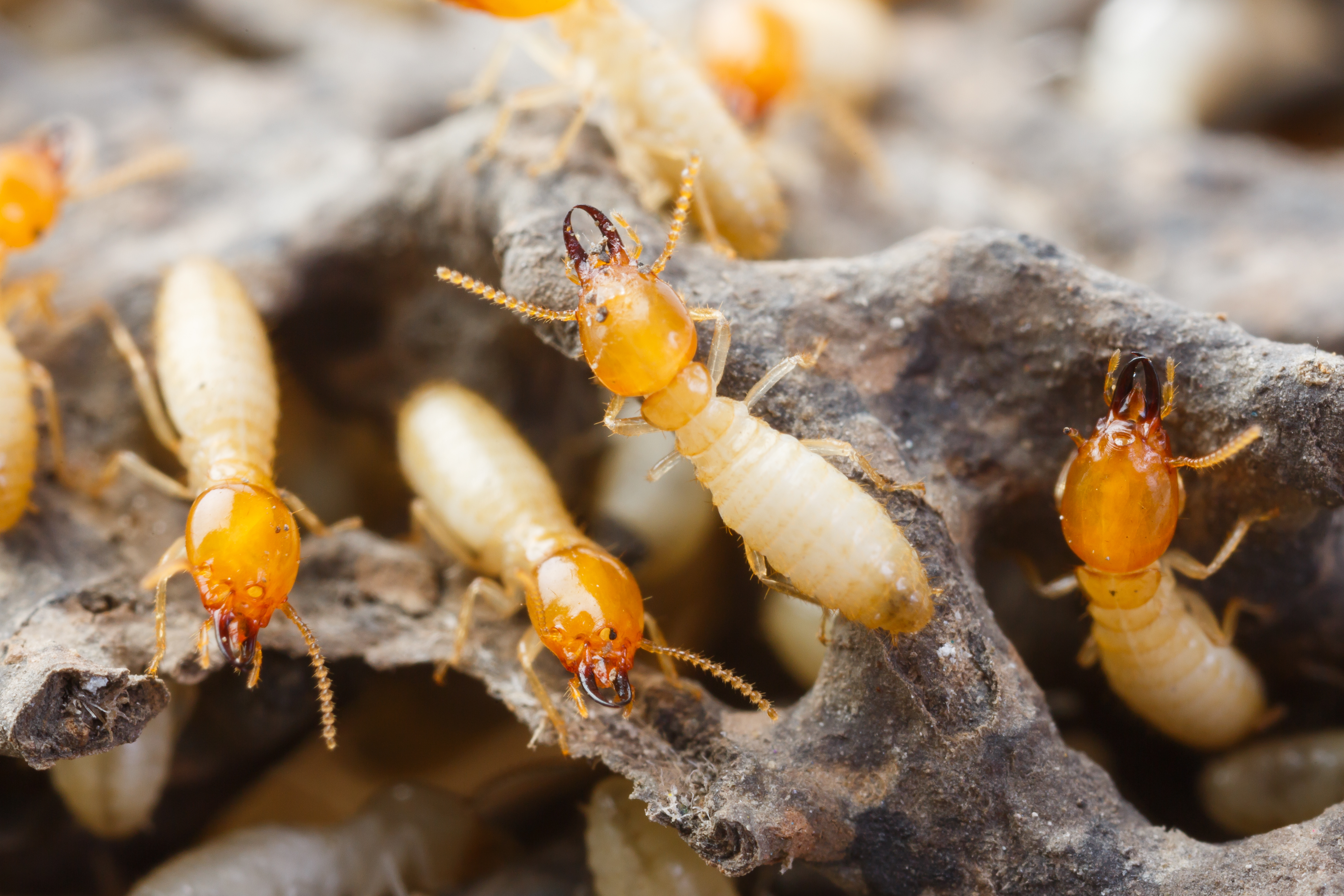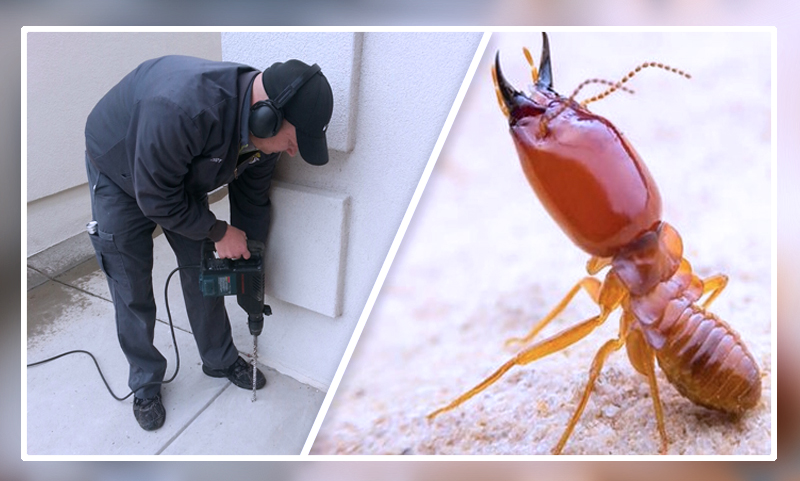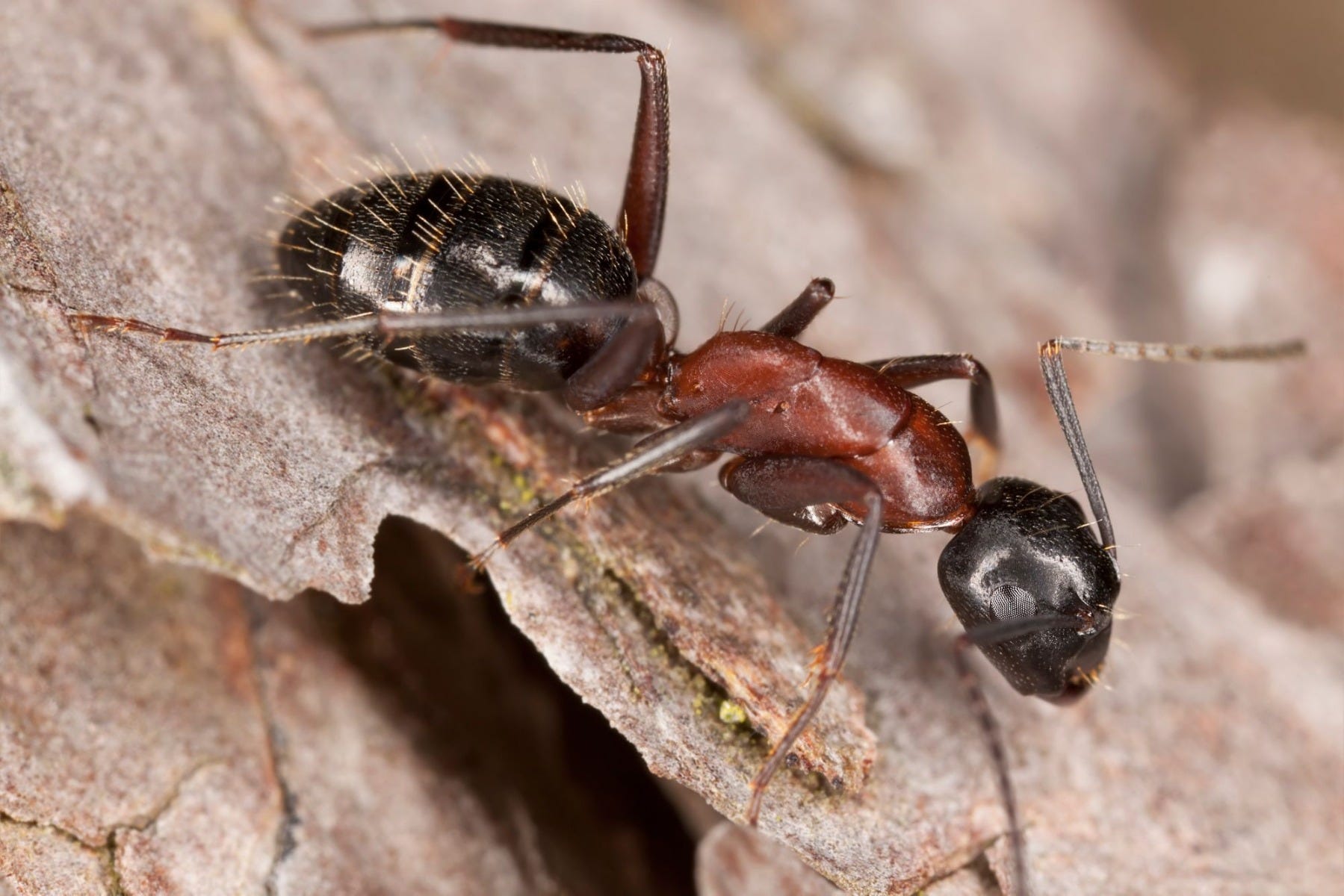Ecological Effect of Insect Control: Balancing Effectiveness With Sustainability
The environmental influence of parasite control is an important concern that requires a delicate balance between attaining performance in managing insects and making certain sustainability of our ecosystems. From the use of unsafe chemicals that leak right into our dirt and water to the unintended consequences on non-target species, the consequences of standard pest control techniques are significant.
Hazardous Chemicals in Pest Control
The use of unsafe chemicals in pest control positions considerable environmental and health and wellness dangers that necessitate careful consideration and reduction strategies. Insecticides, herbicides, and pesticides are commonly made use of to eradicate insects, however their widespread application can lead to unplanned consequences. These chemicals can infect dirt, water sources, and the air, influencing not just the targeted insects but additionally beneficial pests, wildlife, and humans.

To resolve these threats, incorporated bug monitoring (IPM) methods are being promoted as a more sustainable choice. IPM entails a mix of techniques such as biological control, habitat adjustment, and the targeted usage of chemicals as a last hotel (ant control newtonnc). By taking on a holistic method to pest control, we can minimize the ecological and health influences related to damaging chemicals while efficiently taking care of pest populations
Effect On Non-Target Variety
Thinking about the unintended effects of insect control approaches, the effect on non-target species is a critical element that requires complete assessment. While parasite control procedures aim to target details insects, various other organisms in the ecological community may be accidentally impacted. Non-target varieties, including advantageous bugs, birds, mammals, and even plants, can endure indirect or straight harm from chemical applications or biological control approaches.
Insecticides developed to deal with a specific bug parasite may hurt pollinators like or natural predators such as ladybugs. Biological control representatives, if not species-specific, can pose dangers to unplanned targets, interrupting the ecological equilibrium.
To minimize the influence on non-target types, integrated parasite administration (IPM) techniques that highlight a holistic approach to pest control are recommended. These methods focus on using eco-friendly methods, lessening damage to valuable microorganisms while successfully handling pest populations. Conducting comprehensive risk analyses and monitoring the end results of parasite control efforts are important steps in guarding non-target varieties and promoting overall ecological community wellness.
Soil and Water Contamination
Unintended ecological repercussions of insect control approaches prolong beyond impacting non-target species, with substantial ramifications for soil and water contamination. Chemicals, herbicides, and chemical plant foods made use of in bug control can leach into the dirt and pollute groundwater, presenting a hazard to both earthbound and marine communities. Dirt contamination can interrupt the equilibrium of microorganisms essential for nutrition biking and plant growth, bring about decreased dirt fertility and productivity. These chemicals can continue in the setting for extended periods, gathering in the soil and potentially going into the food chain.
Water contamination is one more vital problem connected with insect control practices. To minimize dirt and water contamination from bug control activities, integrated pest management strategies that focus on sustainability and lessen chemical inputs are vital.
Air Contamination From Pesticide Use
Direct exposure to air-borne pesticides throughout farming applications positions a significant concern for air pollution control actions. They can volatilize right into the air and type volatile natural compounds (VOCs) and various other airborne pollutants when chemicals are sprayed onto plants - ant control. These chemicals can add to the formation of ground-level ozone, a significant element of smog that can have harmful results on human health, plant productivity, and total air quality. In addition, chemical drift, where pesticides are lugged by the wind to unintentional locations, can result in the contamination of neighboring communities and water bodies.

Methods for Lasting Parasite Control
In the world of agricultural practices, executing lasting bug control approaches is vital for maintaining ecological balance and safeguarding crop yields. Sustainable insect control highlights making use of eco-friendly techniques to handle bug populaces successfully while decreasing injury to non-target microorganisms and ecosystems. Integrated Pest Management (IPM) is a widely taken on strategy that incorporates organic, cultural, physical, and chemical control methods to achieve long-term pest management remedies.
One trick approach in lasting bug control is promoting biodiversity within agroecosystems. By improving natural enemies of pests, such as parasitoids and killers, farmers can decrease the need for synthetic pesticides. Plant turning and diversification are also effective strategies to interfere with pest life cycles and create less desirable problems for parasites to prosper. Furthermore, using pest-resistant plant ranges and utilizing techniques like catch chopping can help in reducing parasite pressure without relying greatly on chemical interventions. Ultimately, by incorporating these sustainable insect control techniques, farmers can achieve an equilibrium between pest administration effectiveness and ecological stewardship.
Conclusion
Finally, the environmental effect of parasite control methods need to be thoroughly taken into consideration to balance efficiency with sustainability. Unsafe chemicals used in bug control can lead to soil and water contamination, air pollution, and injury non-target species - ant control services. It is critical to implement sustainable parasite control strategies to reduce these unfavorable results on the setting and promote a healthier community for future generations
By you can find out more embracing an all natural approach to pest control, we can minimize the environmental and health and wellness effects connected with unsafe chemicals while effectively managing pest populations.

To minimize the air pollution triggered by pesticide use, it is essential to embrace incorporated insect administration strategies that prioritize the usage of non-chemical pest control techniques, such as plant rotation, all-natural killers, and resistant plant selections. Sustainable bug control stresses the usage of environmentally friendly approaches to manage insect populaces properly while reducing damage to non-target microorganisms and ecosystems. Integrated Insect Monitoring (IPM) is an extensively adopted method that incorporates organic, social, physical, and chemical control methods to accomplish long-lasting bug monitoring solutions.
Comments on “Premier Termite Control Services: Make Sure Long-Term Security for Your Residential property”